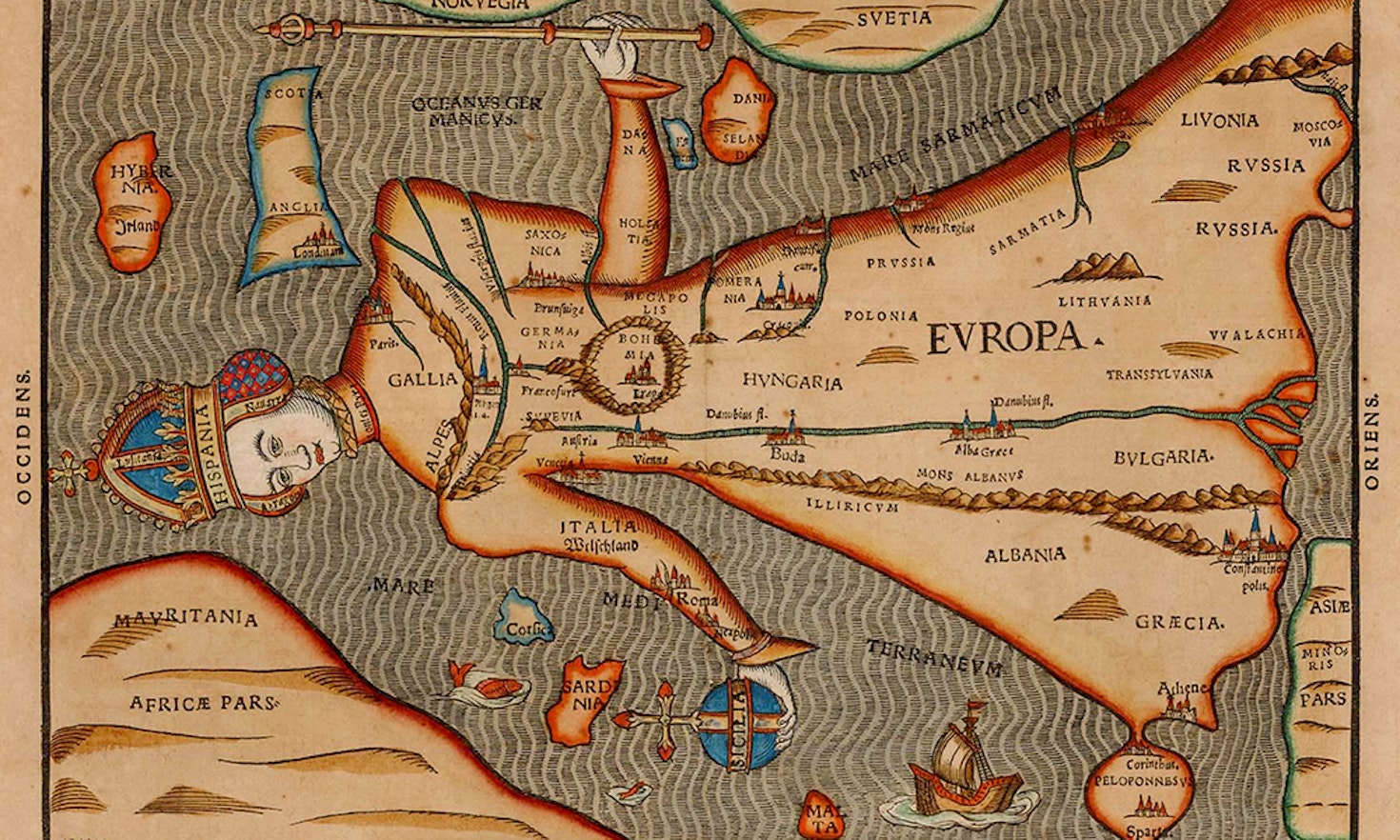
The bad boys of Europe
 Thomas Karv
Thomas Karv
The elections of the European Parliament (EP) are approaching. While traditionally these elections have been described as “second order” elections when compared to the national ones, this time they seem of primary importance for European integration, as recently emphasized by Emmanuel Macron. There are many reasons for this. First of all, they might be the first post Brexit elections. I wrote “might” as uncertainty and confusion rule in the UK these days. Repelling the tide in order to come back to the original conformation of English law. The curious phenomenon called “Brexit” is inspired by this goal: a titanic challenge against history which aims to achieve what Lord Denning could not even conceive in the seventies, when he defined the impact the Treaty of Rome over the English system as an “incoming tide”.
In theory, anything could happen at this point, since the Court of Justice of the EU has ruled in a recent judgment that the UK could change its mind, by revoking the notification that triggered the Brexit procedure two years ago. This decision is to a certain extent problematic since it risks adding confusion to an already complicated scenario. This sad situation is, after all, consistent with the historical relationship between the EU and the UK, as recalled by Stephen George in his book published at the end of the nineties, emblematically entitled “An Awkward Partner”.
However, the next European elections will also be crucial for another reason, i.e. the massive attacks launched by self-declared populist forces to the idea of European integration as traditionally understood. It is not by coincidence that Salvini, one of the two vice premiers in Italy and leader of the “Lega”, has declared that these elections will be “a referendum between the Europe of the élites, the banks and the finance and the Europe of the people”.
The EU has frequently been described as a burden, a threat to national sovereignty or a technocratic subject provided with an indirect legitimacy, but this representation does not give justice to its important role in everyday life. Indeed, the EU is also an added value, thanks to EU law we have enjoyed new rights which we can claim before national judges. In this sense, although the EU cannot be compared to a State and does not benefit from the kind of legitimacy that national democracies normally have, the EU participates in the function historically played by constitutionalism.
In this sense, EU constitutional law is not an exhaustive phenomenon, it does not aim to replace (completely at least) national constitutionalism: on the contrary, EU constitutionalism needs the constitutional materials of the Member States in order to perform its rationalizing function (the constitution, in this sense, remains the “shape of the power”). This point has been developed by, among others, the former Advocate General Miguel Poiares Maduro, who radically challenges the argument of those who deny the existence or the possibility of a supranational constitutionalism, by making a distinction between the idea of constitutionalism as such and state constitutionalism, which is understood as a particular historical experience and not as the paradigm of constitutionalism as such.
Against this background “European constitutionalism brings us closer to the ideals of constitutionalism. It is not, in itself, a closer representation of constitutionalism than national constitutionalism, but their interplay is. This is what constitutional pluralism argues and therein lays its thicker normative claim, one that relates constitutional pluralism and constitutionalism in general”. In other words, we do not need a European super State to recognize the importance that the EU has in our life. Member States will continue to have a central role but – and this is what populists usually do not mention – the European peoples (plural) will reinforce their position of being capable of dealing with many global phenomena only by cooperating together without being obliged to renounce their diversity. “United in diversity” is not by coincidence the motto of the EU.
 | Giuseppe Martinico is currently Associate Professor of Comparative Public law at the Scuola Superiore Sant’Anna, Pisa. He is a traveling scientist and was a visiting researcher in China, Spain, Canada, Switzerland, England, and the Netherlands. Martinico is editor of STALS and of Perspectives on Federalism. |
This content is licensed under a Creative Commons Attribution 4.0 International license.